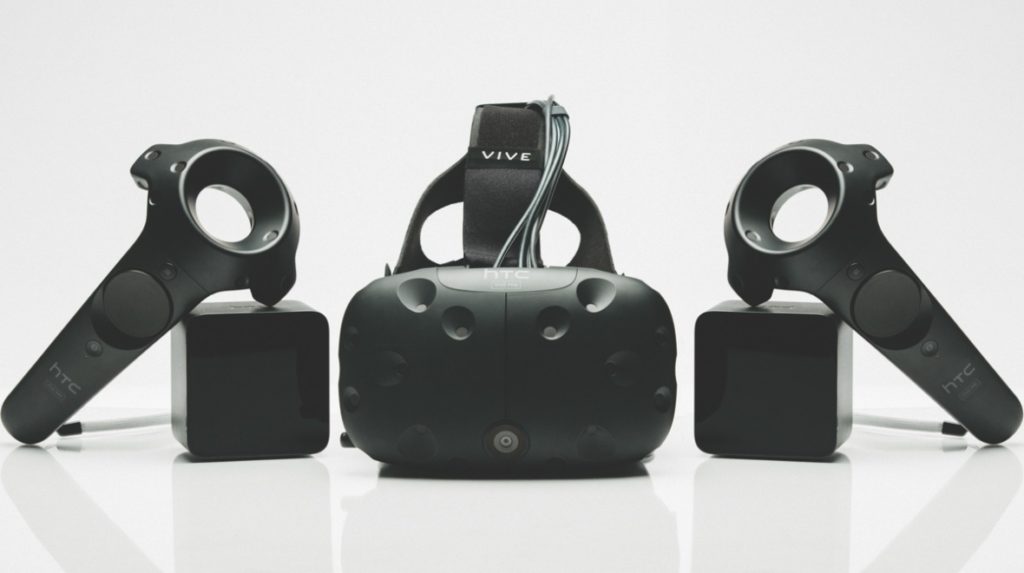Steam Dev Days is Valve’s developer convention that takes place in Seattle every two years. The event is for developers only, but those in attendance were quick to share Valve’s vision of the future on social media. One of the biggest announcements was Steam Link, a device that lets you stream Steam games from your PC to your TV, will be built into some of Samsung’s upcoming smart TV models. That’s exciting for consumers, but here’s what Valve is marketing to developers:
Virtual Worlds
In addition to hosting an open VR development platform, Valve is investing in VR companies, particularly Nitero who is responsible for 60GHz wireless transfer technology, according to a live Tweet from the keynote. This partnership could result in a leap for wireless VR headsets. Valve, which built most of the underlying VR tech for the HTC Vive, shared that its online store now has over 600 virtual reality titles and is registering 1,000 new VR users every day, encouraging developers to jump on board.
“Although we’re not going to treat dev days this year as the place or the time to make big product announcements related to the content we have in development at Valve for virtual reality, I do think that once it comes time to do that next year that nobody in this room is going to be disappointed about what we have in the works,” stated Valve’s Greg Coomer in a Periscope video.
More Control
Excited developers got their hands on prototypes for the new Vive controllers, which track hand movements—most notably the ability to partially open or close them, a feature that is incredibly helpful for testing in a virtual reality environment, particularly when gamers want to handle everything they see.
New Vive prototype hand controllers! #SteamDevDays #Vive pic.twitter.com/mwT7RrICOb
— Shawn Whiting (@shawncwhiting) October 12, 2016
PC gamers will soon be able to use a PS4 controller natively in Steam, thanks to an update that will allow full configuration. “This means that players can pair their PS4 controller directly to their PC and use all the configurability options available to the Steam Controller, including use of the PS4 touchpad and gyro,” said Lars Doucet, developer of Defender’s Quest in a presentation for enhanced controller support.
Developers were also shown a radically-redesigned Steam Controller along with confirmation of Steam Machine exclusives, although the company is encouraging third-party Steam controller manufacturing.
Valve also discussed an improved Lighthouse base station for increased accuracy. The tracking system allows devices outfitted with sensors to connect to Valve’s base stations receivers and then show up as tracked objects in the virtual world. Valve wants the Lighthouse standard to be as “ubiquitous as WiFi,” and is thus open-licensing the tech to any dev that wants to check it out. As of now, the company says they have 300 hardware partners building Lighthouse-tracked devices.
Overall, Valve pushed the importance of new technology, player experiences and localization—particularly to the growing Asian demographic. By remaining an open source development platform, Valve hopes that Steam will attract more diversity and accessibility to developers than the Oculus Rift.

